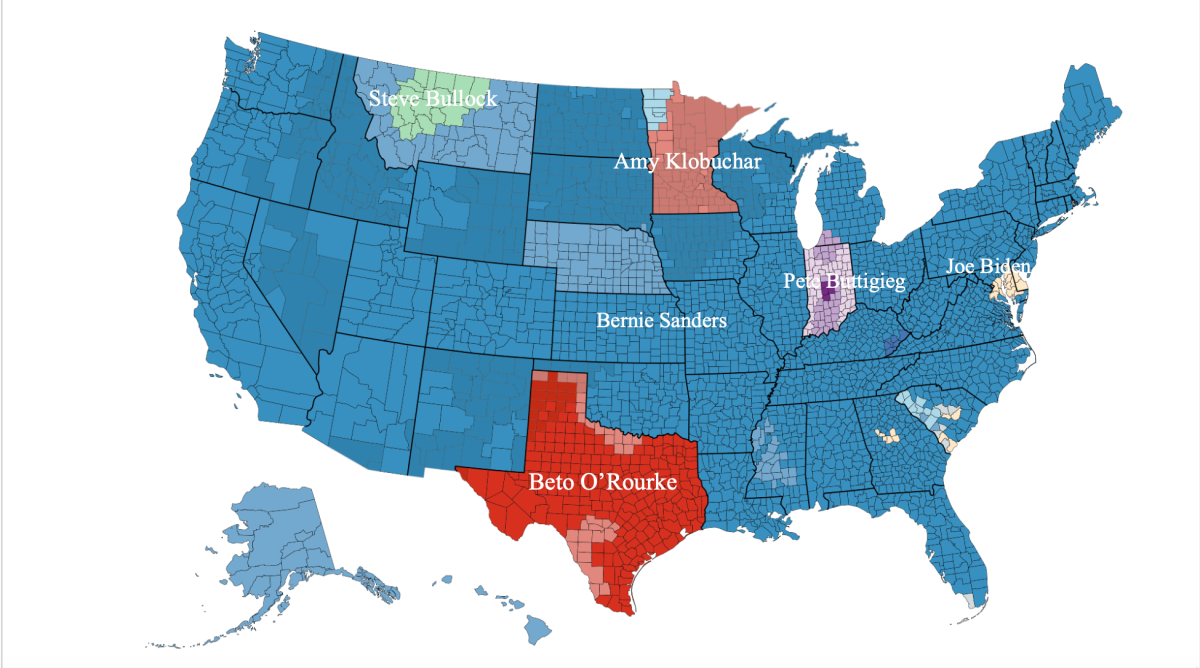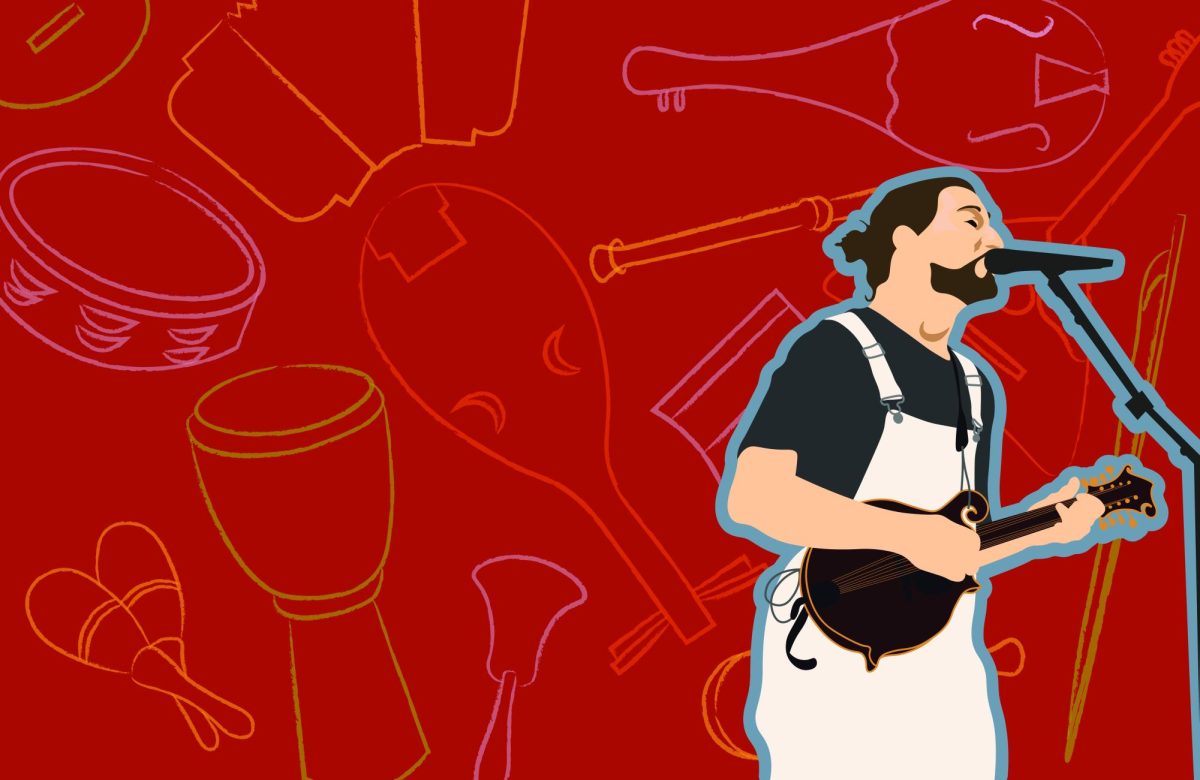I woke up on February 25 to a headline pulled straight from 1963: a man had set himself on fire in political protest. Instead of a persecuted Vietnamese Buddhist monk, it was a serviceman who considered his life “complicity.” He sought to break his perception of a vicious cycle. In turn, he reduced himself to ashes.
So many questions — the “why” was clear from the tape (in years past it would have been a tape), but what exactly would drive a 25-year-old man to do such a thing, to inflict the whole of a country’s suffering onto himself? One of my professors brought up this subject in class two days later, speaking almost apologetically as he announced his parental perspective: what does this act, by all definitions suicide, mean in a country facing such a crisis, especially among young men?
It was only later that I realized I had previously heard this angle — from the opposing side. A youth-informed opinion I saw on Aaron Bushnell’s act venerated him as not just braver but saner than everyone else in the country. I eventually found myself focusing on another question, one big and impossible to answer: what constitutes “complicity?” It did not surprise me to see some, seeking — perhaps foolishly — a definite solution, define “complicity” as life itself.
My life has been defined by two things: suicide and shame. Suicide is something we live, on our own terms. Anonymously, we tell those we don’t like to “KYS.” We gag on how a beautiful man’s complexion makes us want to die. Shame, however, is something we are trained to internalize. We collectively are told we will never be able to buy a house, that the planet will have disintegrated before “we” will have the chance to live with any semblance of genuine joy or stability. The satisfaction I get in talking to people about issues, art, music, the weather means nothing, for “I” am a “worker,” and “workers” are “slaves” who live in perpetual misery.
But if I were to perform suicide in the name of a cause I felt for, I would have a lot to lose I think: friends, family (in blood and chosen senses), the varied things, actions and ideas that grant me joy. I would also have many hopeful prospects vanish: success in some field, the recognition and maturation of my voice, starting a family of my own someday. This active hope, informed and constantly striven for, is reduced to romanticization, which is reduced to fantasy, because no one can actually live a life worth living, you know. You are either homeless or successfully manifesting heaven’s many mansions; you are either atheist or fundamentalist, “okay” or “not okay,” radical or doormat. Either way, your life is reduced to a black and white photograph, sometimes of a cross-legged man stoic and dignified as his body is consumed by flames.
Later in the day after the immolation, talented musician Chris Butler joined our weekly May 4 class for an enriching talk on life, music and his friend Jeff Miller, who the National Guard murdered in 1970. A student asked him what he would want Jeff to be remembered for. After a few seconds of thought, Chris said it would be Jeff’s sense of humor: a Monty Python style wit with just the right dose of silliness. As outsiders, we know Jeff for the photo of his blood staining the Prentice Hall parking lot, but it does not sum up who he is — nor does any snuff photo, planned or otherwise.
Pictorial evidence, elevated to iconography, serves as motivation for aspiring marchers and martyrs. But there is always a man behind the mission; sometimes, there is no “mission.”
In life, we venerate death, which is not loss but resurrection, a chance to be reborn as a new messiah. We idolize those who go at crucial moments of lost potential, regardless of how militantly we interpret the messages swimming in the refuse. But do we remember them out of the paths they paved towards change in life, or do we fetishize those final moments of fracture so that we may similarly give when the time is “right?” Do we embark towards active, fighting, clawing fulfillment in these wakes, or do we wait for the next laying of hands to make the waves we are too cowardly to make ourselves?
Somewhere, blood leaks onto a bathroom floor. Its owner wishes you had one less headline to read. In discussing the torment of 1970s aftermath, Chris summed up his current perspective succinctly: “I have a ferocious desire to live.”
Sophia Swengel is an opinion writer. Contact her at [email protected].








DARREN SWENGEL • Mar 14, 2024 at 4:46 pm
Love it, wonderfully written.